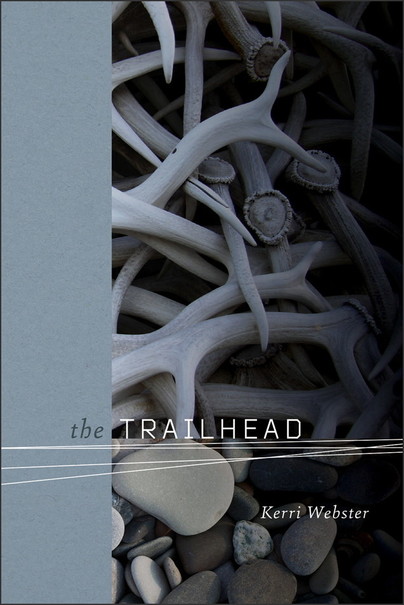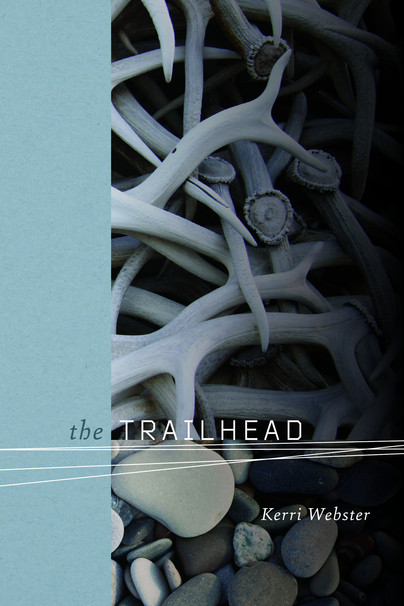

Pages: 76
ISBN: 9780819578112
Pub Date: March 2018
Imprint: Wesleyan University Press
Price:
£18.50
In stock
Pages: 76
ISBN: 9780819579836
Pub Date: April 2020
Imprint: Wesleyan University Press
Price:
£11.95
In stock
Description:
“I'm learning to allow for visions,” the primary speaker of The Trailhead announces, setting out through a landscape populated by swan-killers, war torturers, and kings. Much of the book takes place in the contemporary American West, and these poems reckon with the violence inherent in that history. A “conversion narrative” of sorts, the book examines the self as a “burned-over district,” individual and cultural pain as a crucible in which the book’s sibyls and spinsters are remade, transfigured. Sacralization/is when things become holy, also/when vertebrae fuse," the book tells us, pulling at the tensions between secular and sacred embodiment, exposing the essential difficulty of being a speaking woman. The collection arrives at a taut, gendered calling—a firm faith in the power and worth of the female voice—and a broader faith in poetry not as a vehicle of atonement or expiation, but as bulwark against our frailties and failings.
Song of the Husbandsfor Henry All winter the kind husbands hoverlike mortgaged angels. Onesmells gasoline in his sleep, wouldbe my lover. They want me to be well. Specimen, they say, andmean endearment. I rowinto the flood. The vodka turns the lemon to crystal, thecarp turn the pond to shit and hunger,the lingerie turns the trunkfulof lingerie into a special trunk.And the husbands, the husbands If asked they will install a water feature. I tend my minor art,I push my sorrow cart,the women sing to the women o'er the prisonwalls: Daughters of Elysium!: as I elysium myself to sleep and,waking, wear apoppy cast from silver aroundmy neck. I growashamed of my teeth, I pawn, redeem,pawn, redeem, shoo deer from the poison hedge. Ohleanmost season. Speak,husbands; speak, cockedhoneys; speak! "I'm learning to allow for visions," the primary speaker of The Trailhead announces, setting out through a landscape populated by swan-killers, war torturers, and kings. Much of the book takes place in the contemporary American West, and these poems reckon with the violence inherent in that place. A "conversion narrative" of sorts, the book examines the self as a "burned-over district," individual and cultural pain as a crucible in which the book's sibyls and spinsters are remade, transfigured. "Sacralization/is when things become holy, also/when vertebrae fuse," the book tells us, pulling at the tensions between secular and sacred embodiment, exposing the essential difficulty of being a speaking woman. The collection arrives at a taut, gendered calling - a firm faith in the power and worth of the female voice - and a broader faith in poetry not as a vehicle of atonement or expiation, but as bulwark against our frailties and failings.

